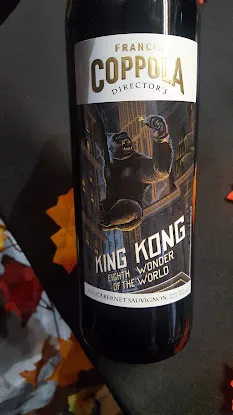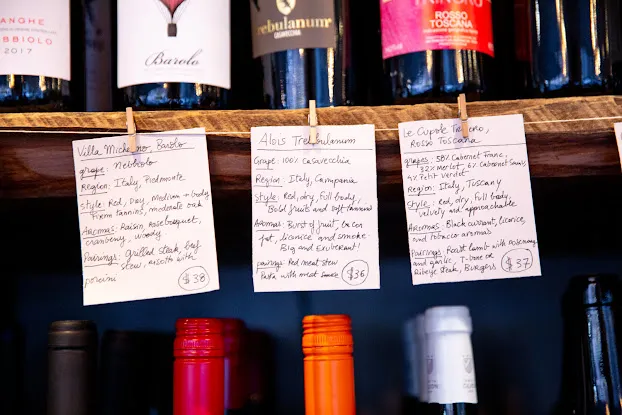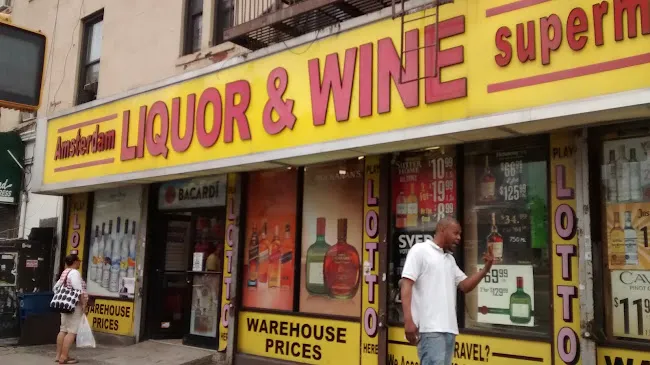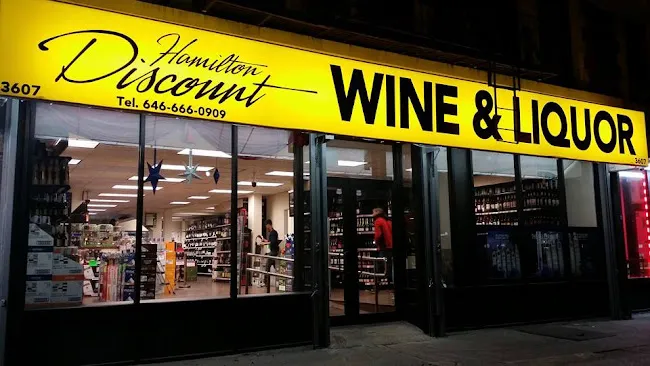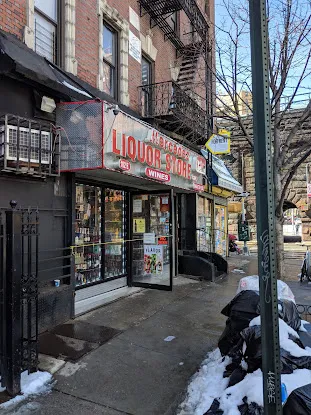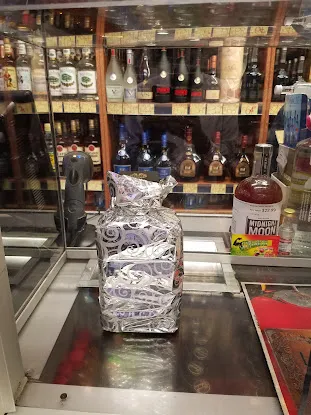Alcohol retail monopoly Uptown Manhattan
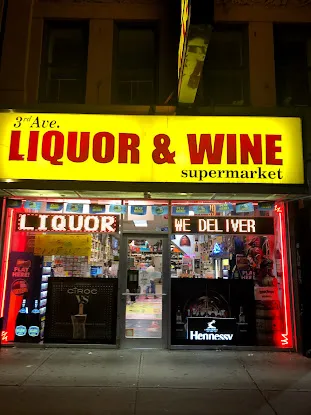
3rd Ave Wine & Liquor Supermarket
Uptown Manhattan
2171 3rd Ave # 1 New York, NY 10035 United States
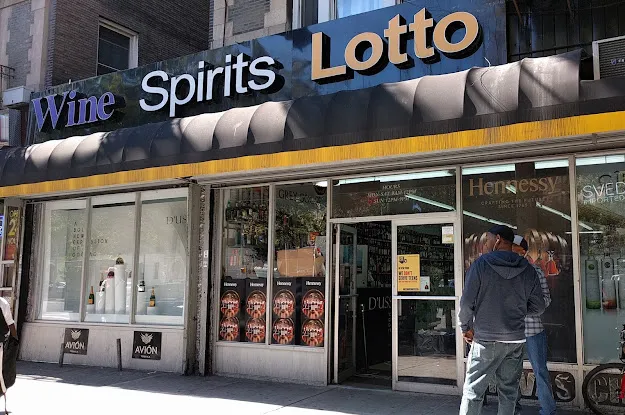
Harlem Wine & Liquor Store
Uptown Manhattan
1902 Adam Clayton Powell Jr Blvd New York, NY 10026 United States
Alcohol Retail Monopoly in Uptown Manhattan
Uptown Manhattan is a vibrant area known for its rich culture, diverse communities, and a unique blend of history and modernity. However, one aspect that often raises eyebrows is the alcohol retail monopoly that characterizes this region. This phenomenon has significant implications for both consumers and local businesses.
In Uptown Manhattan, the alcohol retail landscape is dominated by a few key players. These businesses have established a stronghold in the market, making it challenging for new entrants to compete. The reasons for this monopoly are multifaceted, including stringent regulations and high operational costs that deter small businesses from entering the market.
One of the primary factors contributing to this monopoly is the licensing process for alcohol retail in New York City. Obtaining a license can be a daunting task, often requiring significant time and financial investment. As a result, many aspiring entrepreneurs are discouraged, leading to a concentration of power in the hands of established retailers.
The implications of this monopoly are significant. Consumers in Uptown Manhattan may find themselves facing limited choices when it comes to purchasing alcohol. With fewer retailers available, prices can be higher than in areas with more competition. This lack of variety can also affect the availability of unique and local products, leaving residents with a generic selection dominated by large brands.
Moreover, the existing retailers may not feel compelled to provide exceptional customer service or engage in community-building efforts, as they face little competition. This can result in a less vibrant shopping experience for residents and visitors alike.
Despite these challenges, there are opportunities for change. Community advocacy and support for local businesses can play a crucial role in breaking the alcohol retail monopoly. By encouraging consumers to seek out and support smaller, independent retailers, the community can help diversify the market and foster a healthier competitive environment.
Additionally, local government initiatives aimed at simplifying the licensing process could open the door for more entrepreneurs to enter the alcohol retail space. This could lead to a more dynamic and diverse marketplace, benefiting both consumers and local economies.
In conclusion, the alcohol retail monopoly in Uptown Manhattan presents both challenges and opportunities. By fostering community support and advocating for policy changes, there is potential for a more vibrant and diverse alcohol retail landscape that better serves the needs of all residents.
